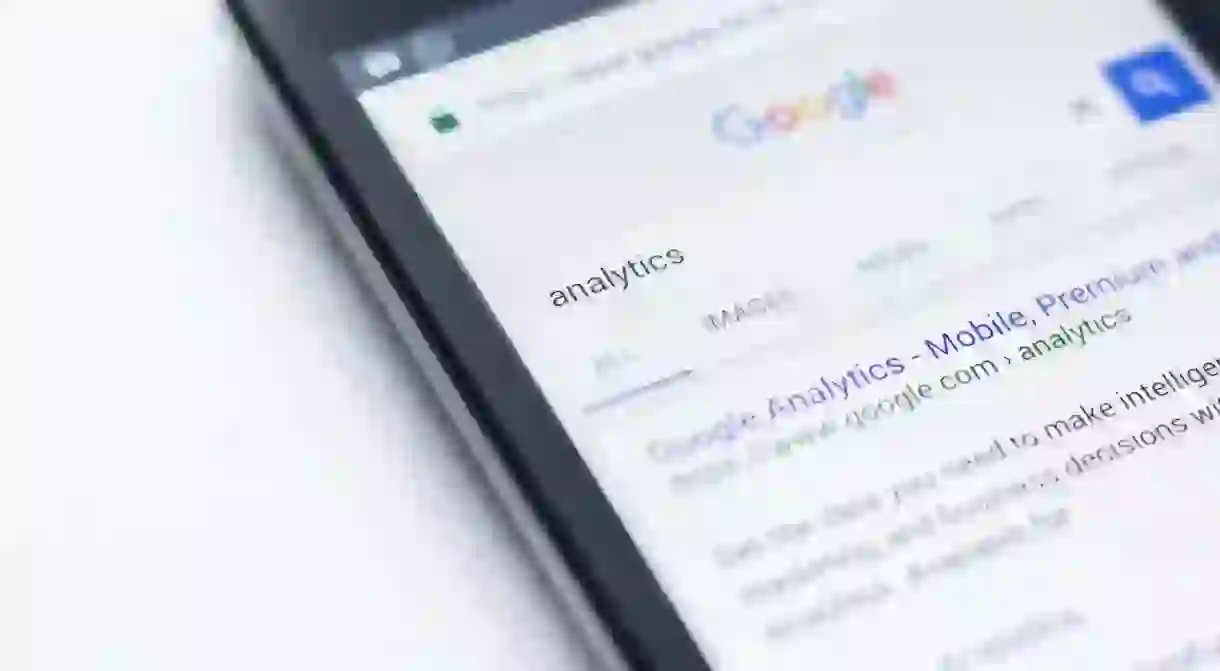A Former Google Data Scientist on What Google Search Reveals About Who We Really Are

Former Google data scientist Seth Stephens-Davidowitz’s New York Times bestselling book ‘Everybody Lies’ reveals shocking insights into the human psyche.
Everybody lies.
People lie about their health, their wealth and their relationships. They lie to their employers, and to their families and friends. Getting them to tell the truth is hard, maybe impossible. But internet histories don’t lie, and the Google search bar is one of the most painfully truthful – and revealing – places on Earth.
In his New York Times bestselling book Everybody Lies: What the Internet Can Tell Us About Who We Really Are, former Google data scientist Seth Stephens-Davidowitz shares what he’s learned after four years spent analyzing anonymous Google datasets.
“A lot of our stereotypes, a lot of what we think about the world is dead wrong,” writes Stephens-Davidowitz.
In the US, where most of the book’s research is focused, regional stereotypes were upended by Stephens-Davidowitz’s analysis of Google histories. Among the most shocking discoveries was the more frequent use of racial epitaphs by users living in states north of the Mason-Dixon line including Pennsylvania, Ohio, Michigan and upstate New York than users in the US south – the region most often stereotypically associated with racism.
The book also examines the gulf between our social media lives and our actual lives, between what we talk about publicly and what we search privately – from our sex lives to American mens’ body insecurities. (Some 20% of searches for ways to change one’s breasts are from men looking into how to get rid of man boobs.)













